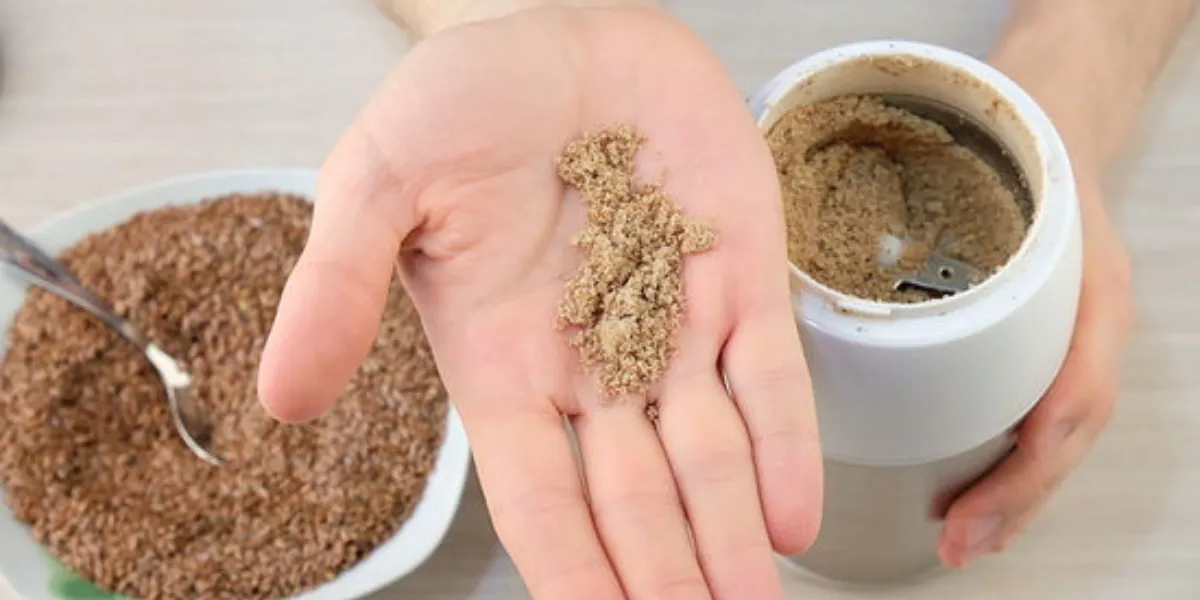Table of Contents
ToggleIntroduction:
In the ever-evolving field of healthcare, the role of personal care assistants (PCAs) is gaining prominence. As individuals seek assistance with daily activities due to age, illness, or disability, the demand for PCAs is on the rise.
One crucial aspect that both aspiring PCAs and those in need of their services are curious about is the personal care assistant’s salary. In this guide, we’ll explore the factors influencing PCA salaries, and steps to become a PCA and provide a comprehensive overview for a better understanding.
Factors Influencing Personal Care Assistant Salaries:
Before delving into the details, let’s understand the key factors that contribute to the variation in personal care assistant salaries:
- Experience and Education:
- Entry-level PCAs may earn less compared to those with extensive experience or specialized education.
- Relevant certifications and training programs can enhance earning potential.
- Location:
- Salaries vary significantly based on geographical location. Urban areas tend to offer higher wages compared to rural settings.
- Type of Employer:
- PCAs working in hospitals, nursing homes, or private healthcare agencies may receive different compensation compared to those working independently or for individual clients.
- Shifts and Hours:
- PCAs working irregular hours, night shifts, or weekends may receive higher compensation due to the demanding nature of their schedules.
- Skills and Specializations:
- PCAs with additional skills such as proficiency in medical procedures or fluency in multiple languages may command higher salaries.
Steps to Become a Personal Care Assistant:
If you’re considering a career as a PCA, here are the steps to guide you through the process:
- Education and Training:
- Obtain a high school diploma or equivalent.
- Enroll in a PCA training program, which typically includes both classroom and hands-on training.
- Certification:
- Obtain the necessary certifications, which may vary by state or region.
- Common certifications include CPR and First Aid.
- Gain Experience:
- Seek practical experience through internships or entry-level positions.
- Consider specializing in areas such as elderly care, disability support, or pediatric care to broaden your skill set.
- Build a Resume:
- Create a professional resume highlighting your education, certifications, and relevant experience.
- Job Search:
- Explore job opportunities through online job portals, healthcare agencies, or local community centers.
- Interview Preparation:
- Prepare for interviews by showcasing your communication skills, empathy, and understanding of the PCA role.
Personal Care Assistant Salary Comparison:
Let’s examine a general overview of PCA salaries across different settings and regions:
| Setting | Average Annual Salary |
|---|---|
| Hospitals | $30,000 – $40,000 |
| Nursing Homes | $25,000 – $35,000 |
| Home Healthcare | $20,000 – $30,000 |
| Independent Contractors | $18,000 – $25,000 |
| Urban Areas | Higher salaries due to cost of living |
| Rural Areas | Lower salaries due to lower cost of living |
FAQs About Personal Care Assistant Salary:
- Q: Can I work as a PCA without formal education?
- A: While formal education is not always mandatory, completing a PCA training program and obtaining relevant certifications enhances your employability and potential salary.
- Q: How can I negotiate a higher salary as a PCA?
- A: Highlight your experience, certifications, and any additional skills during the negotiation. Research average salaries in your location and use that information as leverage.
- Q: Do PCAs receive additional benefits besides their salary?
- A: Some employers may offer benefits such as health insurance, paid time off, and retirement plans. Independent contractors may need to arrange their benefits.
- Q: Are there opportunities for career advancement as a PCA?
- A: Yes, PCAs can advance their careers by pursuing additional certifications, gaining more experience, and specializing in specific areas such as geriatrics or pediatrics.
Understanding the nuances of personal care assistant salaries is crucial for both prospective PCAs and those in need of their services. By considering factors such as experience, location, and type of employer, individuals can make informed decisions about their career path or hiring choices.
Becoming a PCA involves a series of steps, including education, certification, and practical experience, leading to a rewarding career in healthcare. As the demand for personal care assistants continues to rise, staying informed about salary trends and negotiation strategies is key to ensuring fair compensation in this essential profession.

Exploring Additional Aspects of PCA Salaries:
Now that we’ve covered the basics, let’s delve deeper into some additional aspects that can influence personal care assistant salaries:
- Overtime and Bonuses:
- Many PCAs work overtime to meet the needs of their clients. Overtime pay and bonuses can significantly contribute to their overall income.
- Union Memberships:
- PCAs working in unionized environments may benefit from collective bargaining agreements, ensuring fair wages and additional perks.
- Negotiation Skills:
- Developing effective negotiation skills is crucial for PCAs seeking higher salaries. Being well-prepared and confident during salary discussions can lead to better compensation packages.
- Freelance and Independent Contracting:
- Some PCAs choose to work as freelancers or independent contractors. While this offers flexibility, it may also require diligent financial planning, as these individuals are responsible for their taxes and benefits.
Tips for Maximizing Your Personal Care Assistant Salary:
To optimize your earning potential as a PCA, consider the following tips:
- Continuous Education:
- Stay updated on the latest healthcare trends and advancements by pursuing additional certifications or attending workshops.
- Networking:
- Build a professional network within the healthcare industry. Networking can open doors to better job opportunities and potential salary increases.
- Showcase Soft Skills:
- Emphasize your soft skills such as empathy, communication, and patience during job interviews. These qualities are highly valued in the field of personal care.
- Stay Informed:
- Regularly research salary trends in your specific location and healthcare setting to ensure you are receiving fair compensation.
- Seek Feedback:
- Request feedback from clients, colleagues, or supervisors to identify areas for improvement. Continuous self-improvement can lead to better job prospects and higher salaries.
The Future of PCA Salaries:
As the healthcare landscape evolves, the demand for personal care assistants is expected to rise. This growth may positively impact PCA salaries, particularly in regions facing a shortage of healthcare professionals. Additionally, technological advancements and innovative healthcare models may create new opportunities for PCAs, potentially influencing salary structures.
Conclusion:
In conclusion, personal care assistant salaries are influenced by a myriad of factors, and understanding these elements is crucial for both aspiring PCAs and employers seeking their services. By following the outlined steps to become a PCA, individuals can embark on a rewarding career while maximizing their earning potential.
Regularly updating skills, staying informed about industry trends, and negotiating effectively are essential components for securing competitive salaries in this vital healthcare profession. As the demand for personal care assistants continues to grow, the future looks promising for those entering or already established in this fulfilling field.














